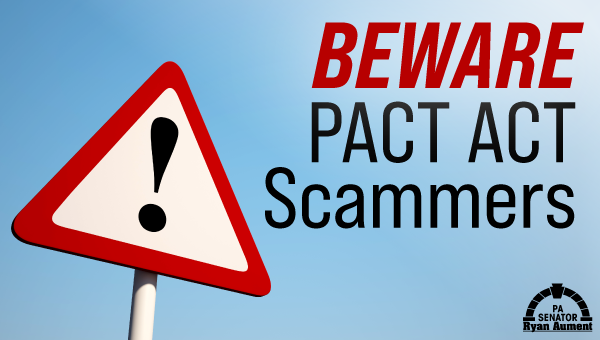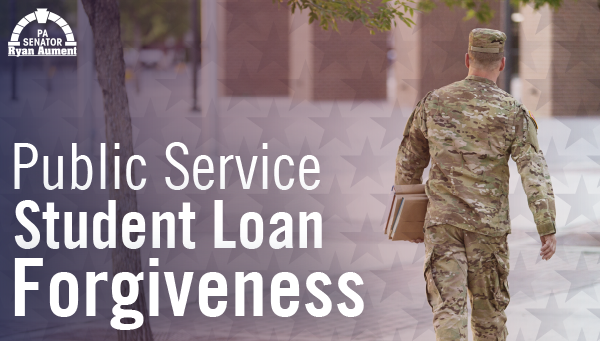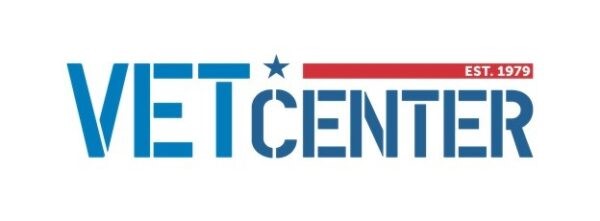
|
||
|
If you know a veteran, please forward this issue to him or her as it provides important updates, resources, and information. In this Update:
Be Vigilant of PACT Act Scammers
Scammers never seem to miss an opportunity to take advantage of people and commit fraud. With the enactment of the PACT Act, there’s been an increase in PACT Act-related phishing (email), vishing (phone) and social media scams targeting veterans to access their PACT Act benefits or submit claims on their behalf. As many of you likely know, the new PACT Act addresses our service members’ exposure to burn pits and other toxic substances. The act provides expanded access to health care and disability benefits for veterans harmed by certain toxic exposures, whether in the jungles of Vietnam or the mountains of Afghanistan. It will also let the Department of Veterans Affairs (VA) move more quickly and comprehensively in the future to determine if illnesses are related to military service, and it will offer critical support to survivors who were harmed by exposures, including from water contamination at Camp LeJeune. Veterans should be cautious of anyone who guarantees a lucrative financial benefit or service. To report suspected fraudulent activity, please contact at vaoighotline@va.gov or call (800) 488-8244. Protect yourself against new scams and scammers with these tips:
Learn more about the PACT Act and sign up here or call the VA at 1-800-MyVA411 (1-800-698-2411). If you need help applying for benefits, the VA, accredited representatives and veteran service officers are always standing by and ready to help. The American Legion also offers accredited American Legion service officers who are specially trained to provide expert assistance, free of charge, to veterans and their families There’s no cost for the forms, no fees to apply, and VA will never charge veterans for processing a claim. Virtual Veteran Suicide Prevention Symposium on Sept. 8The Department of Veterans Affairs; Veterans Benefits Administration; and Outreach, Transition and Economic Development invite you to join the Virtual Veteran Suicide Prevention Symposium: Reach Out, You Are Note Alone on Thursday, Sept. 8, from 1-2:30 p.m. eastern time. Click here join. You can also join by phone by calling 1-404-397-1596. The webinar password is YMsM3wpv@33 (96763978 from phones), and the access code is 276 177 23283. Combatting Financial Exploitation of Older Adults, Including VeteransLast month, the Pennsylvania Department of Aging (PDA) announced the formation of a dedicated investigative unit to support Area Agencies on Aging (AAAs) in probing complex financial exploitation cases and obtaining justice for older Pennsylvanians, including veterans. The Financial Abuse Specialist Team (FAST) is a four-person unit consisting of an analyst/supervisor, two analysts, and an attorney to assist the aging network for the next two years. Financial exploitation ranks in the top three types of elder abuse reported to the department. It can take the form of property theft, misuse of income or assets, misuse of Power of Attorney; or scams of many types including medical, contractor, grandchild imposter emergencies, Social Security or IRS, fake charities, gift card scams, pension poaching, and more. The formation of the FAST investigative unit is an extension of PDA’s ongoing work in protecting older adults and preventing financial exploitation. A 2019 study by the department of financial exploitation cases investigated by 10 local AAAs covering 14 counties found the average financial loss to each victim in the study was almost $40,000, totaling close to $12.5 million in all the cases reviewed by the study. However, the study also noted many exploitation cases go unreported so the extent of losses are likely much higher. The department has also launched a new online elder abuse awareness training which is available to Commonwealth employees, aging and human services workers throughout Pennsylvania’s aging network and the public. The training was developed to reach a broad audience and covers the four major types of abuse and how to recognize them; signs to watch for; the differences between mandatory and voluntary reporters of abuse; when and how to report; and more. The training takes about 20 minutes to complete and is available on the PDA Learning Management System (LMS). Student Loans: Public Service Loan Forgiveness Applications Must Be Submitted by Oct. 31
There’s been a lot of talk about student loans lately. One way to reduce student loan debt is through the Public Service Loan Forgiveness program, which can be used by eligible veterans, active-duty service members and others. The program removes the burden of student debt on public servants, making it possible for many borrowers to stay in their jobs, and entices others to work in high-need fields. The Department of Education will allow months spent on active duty to count toward PSLF, even if the service member’s loans were on a deferment or forbearance rather than in active repayment. This change addresses one major challenge service members face in accessing PSLF. Service members on active duty can qualify for student loan deferments and forbearances that help them through periods in which service inhibits their ability to make payments. But, too often, members of the military find out that those same deferments or forbearances granted while they served our country did not count toward PSLF. This change ensures that members of the military will not need to focus on their student loans while serving our country. Federal Student Aid is in the process of developing and implementing a way to address periods of student loan deferments and forbearance for active-duty service members and will update affected borrowers to let them know what they need to do to take advantage of this change. Any U.S. federal, state, local, or tribal government agency is considered a government employer for the PSLF Program, and that includes employers such as the U.S. military. Hope For The Warriors Seeks to Help Post-9/11 Veterans and Their FamiliesFounded by military families in 2006, Hope For The Warriors (HOPE) is a national nonprofit that provides free comprehensive support programs to post-9/11 service members, veterans, military spouses and family members, and families of the fallen. Since the organization’s founding, HOPE has served more than 40,000 individuals and families. With programs and services concentrated on transition, education, health and wellness, peer engagement, and community connection, HOPE is there to help redefine each life and chart a course for continued growth. Some of those programs include the Military and Veteran Program, which provides peer-to-peer support, outreach, event engagement, and program referral; the Drive For HOPE program, which helps to restore driving independence in injured and recovering veterans; and Warrior’s Compass, which has provided career transition case management to more than 1,000 transitioning service members and veterans. You can connect to those services and more here. What are Vet Centers?
VA vet centers provide free and confidential readjustment counseling for war-zone veterans and their families, from World War II to the current Global War on Terror. Vet centers are small, non-medical, counseling centers conveniently located in our region. They’re staffed by highly trained counselors and team members dedicated to seeing you through the challenges that come with managing life during and after the military. Our region is served by the Lancaster Vet Center, which is one of 12 vet centers in Pennsylvania and more than 300 across the country. Whether you come in for one-on-one counseling or to participate in a group session, at vet centers you can form social connections, try new things, and build a support system with people who understand you and want to help you succeed. Who is Eligible to Receive Services at Vet Centers?Vet center services are available to veterans at no cost, regardless of discharge character, and without the need to be enrolled in VA health care or having a service-connected disability. If you are a veteran or service member, including members of the National Guard and Reserve, you can access vet center services if you:
Contacting Your Local Vet CenterEven if you are unsure if you meet the criteria to receive services from a vet center, please contact a center. Center services are also available to family members when their participation would support the growth and goals of the veteran or active-duty service member. If you consider them family, so does your local center. Bereavement services are also available to family members of veterans who were receiving vet center services at the time of the veteran’s death, and to the families of service members who died while serving on active duty. The Lancaster Vet Center, located at 1817 Olde Homestead Lane, Suite 207, Lancaster, PA 17601, can be contacted at 717-283-0735 or toll free 24/7 at 1-877-WAR-VETS (927-8387). The other vet center locations in Pennsylvania are:
For more information, please visit www.vetcenter.va.gov. |
||
|
||





Want to change how you receive these emails? 2024 © Senate of Pennsylvania | https://www.senatoraument.com | Privacy Policy |


